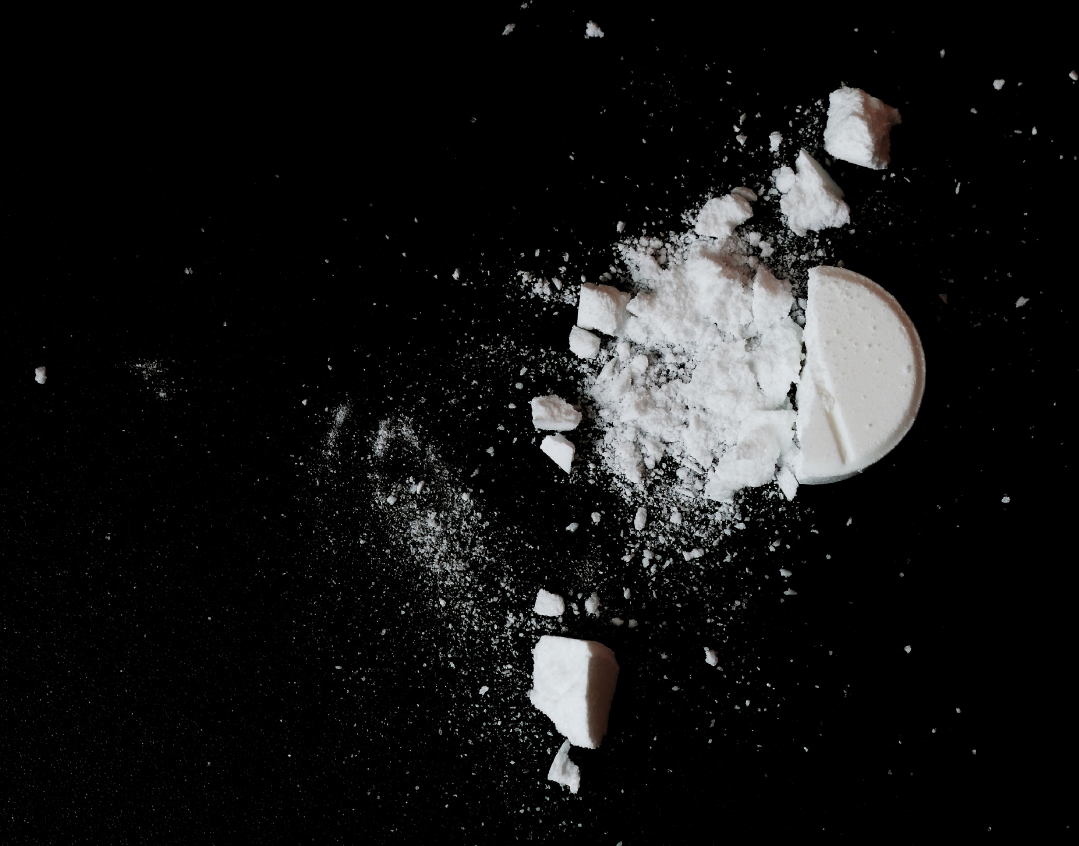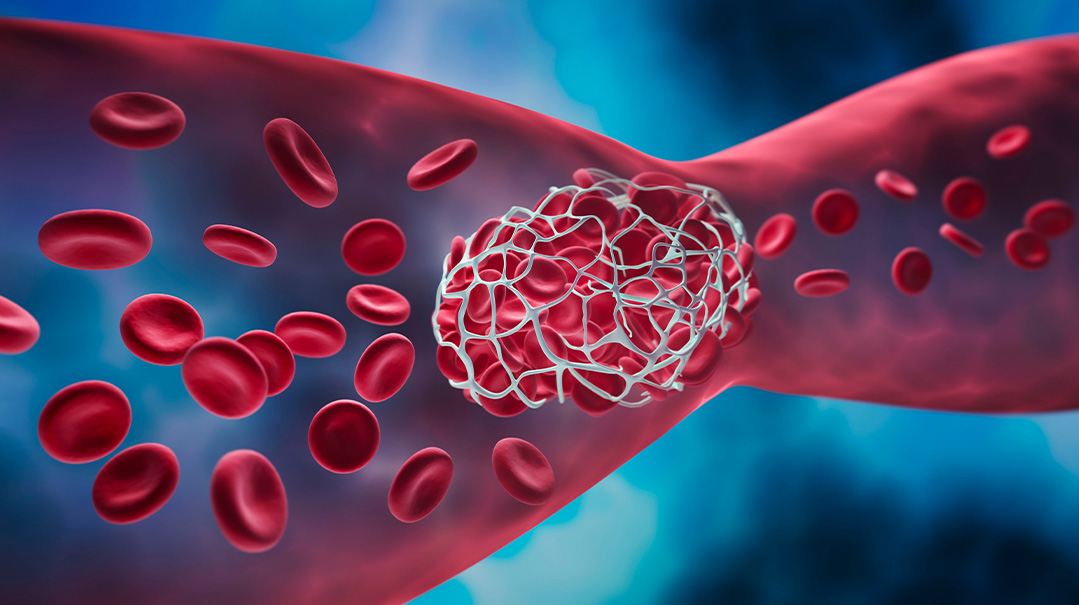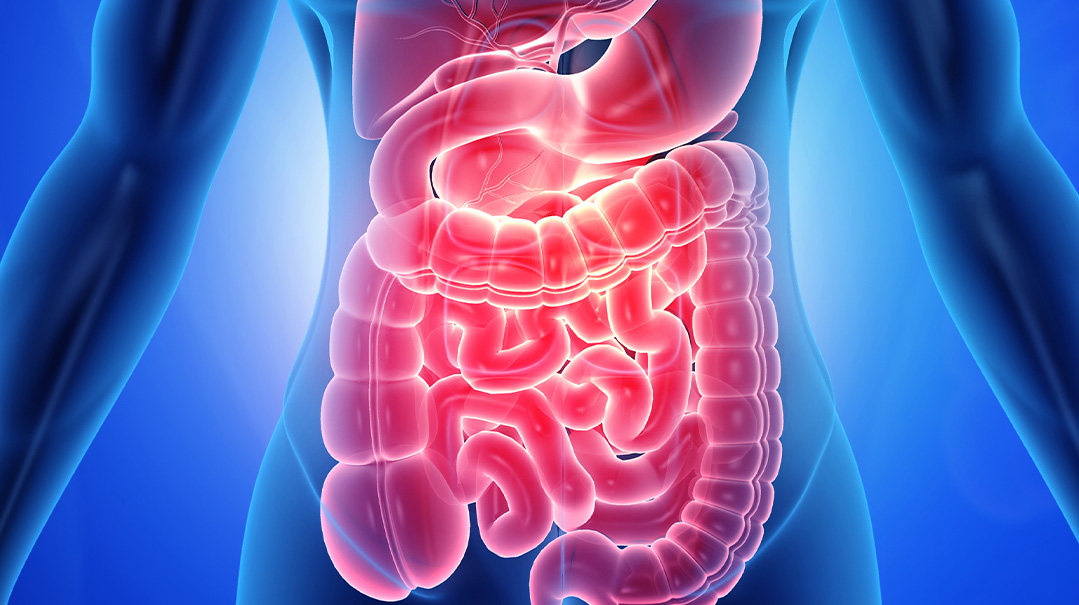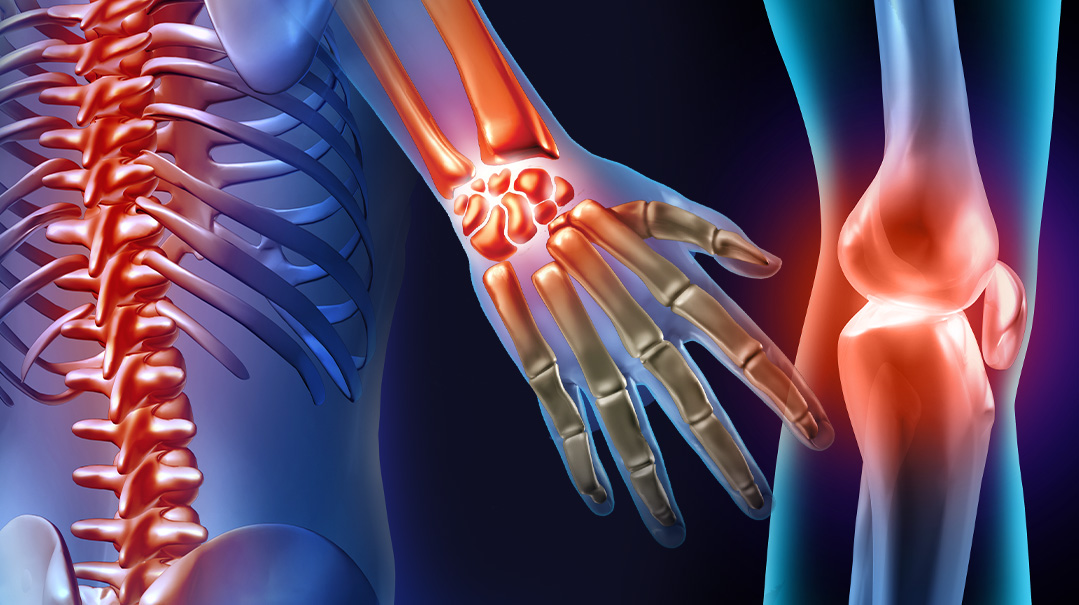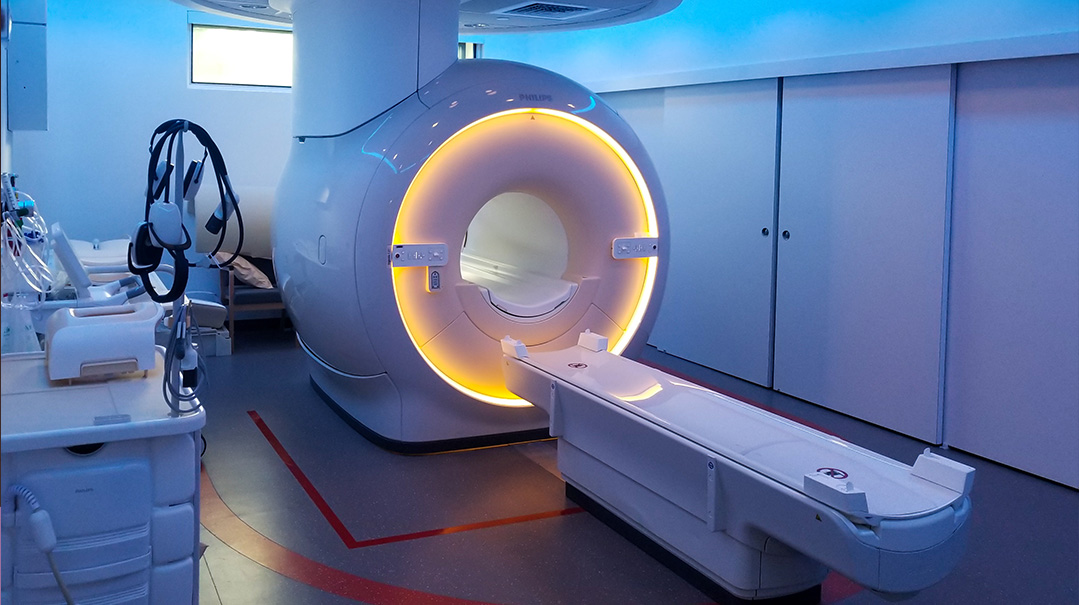Handed to Me

My condition wasn’t dangerous, but it left me paralyzed with shame

As told to Faigy Peritzman
Hospitals are full of people suffering from life-threatening illnesses. Such situations are devastating. We’ve therefore become immune to conditions that, while not life-threatening, can still be life-altering. It’s because of such a mentality that I’ve broken years of silence on my own personal condition, in the hope of alleviating the pain of others who may be dealing with the same situation.
Ever since puberty, I’ve suffered from Primary Hyperhidrosis, an overdrive of the sympathetic nervous system that causes excessive sweating in one specific part of the body. In my case, it was profuse sweating in the palms of my hands.
You’re probably thinking, Sure, I sweat a lot, too. Or, My teenage son always has sweaty feet. It’s horrible. But while you use these words easily, my condition has been anything but easy.
When I say excessive sweating, I don’t mean damp, hot palms. The palms of my hands were constantly soaking wet, as if I’d just washed them well. I had a hard time opening doors or bottles covers as my hands were too slippery. Using a pen or pencil was an ordeal, and my papers would get smudged and wrinkled from the constant moisture.
The condition began when I was about 12, a time when a young girl is so self-conscious about her changing body and her looks, and battling acne, greasy hair, and dress sizes. I dealt with all that — plus my hands. I was mortified that they were always soaking wet. I dreaded any occasion that necessitated me holding hands with anyone.
As I got older, these occasions became more and more frequent. High school is full of chagigahs, dance parties, performances like choirs and dances, and all caused me horrible dread. The rare times that someone grabbed my hand, I’d be treated to a look that spoke volumes, as they surreptitiously wiped their hands dry on their skirt. I grew so ashamed of myself and was consumed by the need for no one to discover this about me. I’d take to wearing my sleeves over my hands and avoiding social events that I knew would present opportunities for hand-holding.
But that just served to isolate me further. And even I didn’t want to pass on opportunities like sleepaway camp and other fun-filled activities that were worth it, even if it meant I had to be super creative to keep my secret.
As I got older, weddings became another minefield. My older friends and relatives were getting married. How could I not go to the weddings? But how could I go without dancing? The fashion trend of three-quarter sleeve formal dresses was interfering with my method of concealment.
While in seminary, I realized I had to somehow solve my problem. I knew I wanted to start dating when I returned home, but thoughts of my own wedding filled me with horror. As a kallah, my condition would be so humiliating! How could I go into this stage of life while I was feeling so low?
Hunting for Solutions
When I returned from Eretz Yisrael, I went to my pediatrician and consulted with him. His reaction was pretty much what I expected. He dismissed the seriousness of my condition, telling me to relax. He insisted that the more I thought about my hands, the more anxiety I was causing myself and the more I was exacerbating the problem.
My parents, when I finally told them what I was experiencing, agreed with the pediatrician, but I knew it wasn’t so simple. I never found that stress, the weather, crowded conditions, etc., increased the amount I sweated. My hands were always wet, no matter what I did.
Next, I went to a dermatologist. He prescribed several strong creams, one of which was Drysol. The problem with utilizing such treatment was that the creams need to be absorbed into the skin in order to be successful. My skin was so wet that the creams would wash off right way before penetrating. I tried applying them at night and wrapping my hands in gloves or Saran wrap to assist in absorption, but no matter how creative I got, or how many different types of creams I tried, none made any difference.
I visited several dermatologists, each one certain he had the magic cream to cure me. I also tried oral medication, but the side effects were horrible; the medication dried up all the fluids in the body.
Finally, one dermatologist suggested a totally different approach that had me very hopeful. Instead of a cream, he suggested electrophoresis. In this method, a machine administers electric shocks via water to stop the glands from producing sweat.
The machine was very expensive; I bought it for myself without my parents knowing. I wanted so badly to solve this problem, and I was tired of being made to feel this was all my fault. The machine required an hour’s long treatment every day for a month before results could be seen. Even then, if the treatment was satisfactory, one would have to maintain the hour’s long routine daily to keep up the results.
The pain the machine caused was excruciating. I’d sit there in my room, early in the morning before I had to leave the house, trying to keep myself from screaming out loud as I immersed my hands in water and was administered shock after shock. It was so painful, I had to keep taking my hands out of the water for a few seconds before I could continue, all the while berating myself for not allowing the process to really work.
Despite my resolve, I found the whole procedure too painful to continue safely. Thus, another expensive option went down the drain.
I was offered Botox as an option as well. Aside from having side effects, Botox injections are expensive and again, even if they were successful, I’d have to continue the injections to maintain the outcome. So, I passed on that one.
Last Resort
Finally, as a last resort, one doctor suggested a surgery called Endoscopic Thoracic Sympathectomy. This surgical procedure is done by a thoracic surgeon, under general anesthesia. While most cases of hyperhidrosis don’t end in surgery, my condition was so severe, and nothing else had helped, so I felt this my final hope.
The process involves making two small incisions under both armpits and inserting a camera into the thoracic area to view the over-reacting nerves. The surgeon then clips or cuts the nerves. (Clipping the nerve as opposed to cutting it causes less compensatory sweating.) My insurance didn’t fully cover this, as it was considered cosmetic and elective. Yet having been through so much, physically, financially, and most importantly, emotionally, I decided to go ahead with the surgery.
Right after waking up from the anesthesia, I noticed my hands were dry, something I hadn’t experienced in years. For a while after the surgery, I had some compensatory sweating in other parts of my body, as my system was used to emitting excessive fluid. But after several months, my body regulated itself, and overall, my condition improved. Physically, at least.
I was still left with so much emotional pain, with feelings of isolation, invalidation, and belittlement. I felt so fragile. I went to therapy for a while after the surgery, to deal with the emotional angst I’d been through as a teenager and a young adult. Those years are formative, and mine were so full of shame.
Eventually, I found emotional balance, but the entire experience has prompted me to reach out to others who may be suffering the way I did. I’m a registered nurse, and I’m always offering my services in various ways to those who are struggling with issues such as mine. So many people have been told that these types of conditions are all in their heads, so many have been told there is no help for them, and so many have lost hope. I know several people with the same condition in other countries, and treatment options there are even more limited than what I had.
Globally, the medical field focuses on major disease, transformative cures, but there are so many out there suffering from illnesses that may not seem major, but take a toll in myriad ways.
It’s for that reason I’m sharing my story. For those who are suffering, and for those around them who don’t even realize they’re suffering. Sometimes you really do need to sweat the small stuff.
Hyperhidrosis Defined
Hyperhidrosis (hi-pur-hi-DROE-sis) is abnormally excessive sweating, unconnected to the weather or amount of exertion. Sweat may be so excessive as to soak through clothing or drip off the body.
The most commonly affected areas are the hands, feet, underarms, or face. Sometimes, facial blushing can also be a symptom. The sweating usually occurs on both sides of the body.
Besides disrupting normal daily activities, this type of heavy sweating can cause social anxiety and embarrassment. A person suffering from this may also be more prone to skin infections.
This condition of primary focal (essential) hyperhidrosis should not be confused with secondary hyperhidrosis. Secondary hyperhidrosis generally occurs from a medical source such as diabetes, thyroid imbalance, and some medications or medical treatments.
Treatment
The first step in treating hyperhidrosis is through prescription-strength antiperspirants. If these don’t help, other creams and medications may be suggested. In extreme cases, surgery may be done to remove the sweat glands or to disconnect the nerves responsible for the overproduction of sweat.
(Originally featured in Family First, Issue 793)
Oops! We could not locate your form.

